
Hypertension
Hypertension is another name for high blood pressure and it is quite common. It typically develops over the course of several years and usually, you don’t notice any symptoms. But even without symptoms, high blood pressure can damage your blood vessels and organs, especially the brain, heart, eyes, and kidneys.
Hypertension becomes a condition when it leads to disease changes in the organism. High blood pressure that is registered only once is still no indication of a condition. Normal values are 120 to 80 mmol, but with age advancement, values up to 140 per 90 mmol are acceptable. Scientists argue now that for people over 70 years old up to 150 mmol may be considered normal. We can talk of hypertension blood pressure when values are often above 140 by 90 mmol.
High blood is usually measured in the morning. In order to evaluate whether it is a disease and for the purpose of controlling the treatment, it is advisable to measure blood pressure twice a day at one and the same time for at least one week. Keep notes for the measured values and then show them to the cardiologist.
Early symptoms – headache and vertigo

With hypertension’s first attacks, one feels that his head hurts or he feels dizzy. Over time, our organism adapts to higher blood pressure values and people do not even realize that they have a problem.
Another insidious side of hypertension is that sometimes its first manifestations are at night. One feels ill but he cannot understand why. Therefore, when you have headache and unreasonable dizziness, as well as the feeling that you are suddenly getting sick, doctors advise that you first measure your blood pressure.
Typical symptoms of hypertension:
• Internal anxiety and nervousness;
• Sleep disorders;
• Hot flashes;
• Headache;
• Dizziness;
• Nausea;
• Noise in the ears;
• Potency problems;
• Face redness;
• Nose bleeds.
Reasons for hypertension
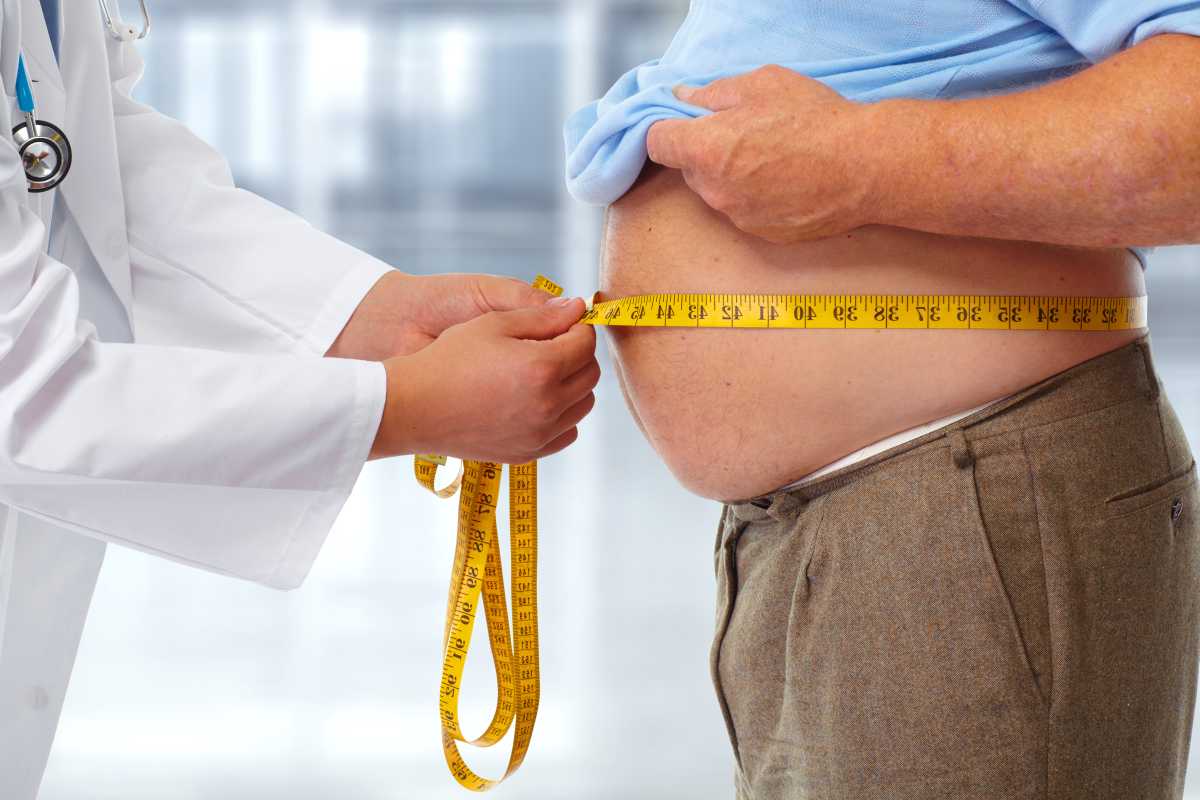
We have essential hypertension in more than 90% of the cases. This means that there is an organic cause for high blood pressure and no other disease to trigger it. In a smaller percentage of the cases, we have secondary hypertension that develops under the influence of another disease. Most often there is a chronic kidney problem or diabetes.
Primary hypertension’s causes are diverse, and the biological mechanisms of its development are numerous. Therefore, in most cases, the exact causes of hypertension remain unclear.
There are several factors that contribute to the appearance of high blood pressure. Genetic predisposition plays a role, but there is no gene identified as "guilty" for the problem. Atherosclerosis also plays a role - this is the calcification of blood vessels that supply the heart with blood (coronary disease). As a result blood vessels shrink and the pressure in them is increased. Smoking, alcohol, stress and most of all - being overweight, which is usually combined with a sedentary lifestyle, also may trigger hypertension. Other causes may be an unhealthy diet rich in animal fats, sugars, and white bread.
Necessary tests for hypertension
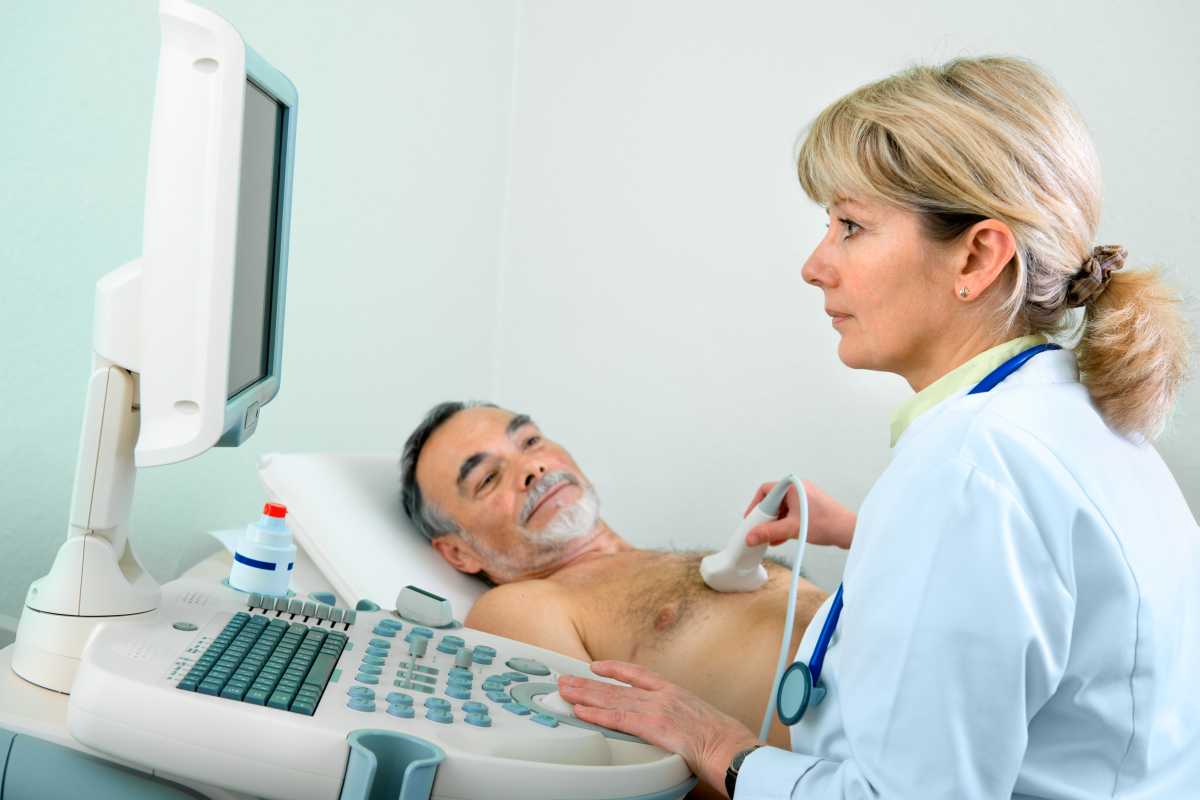
Once you and your doctor have identified a suspicious increase in your blood pressure values for at least 10 days, it is a good idea to do additional tests to see what is the situation. Often, hypertension is identified as part of a metabolic syndrome where the risk for diabetes development is also very high. Therefore, it is also good to test blood sugar and the lipid profile. Other studies that are being assigned include wearing a holter monitor for 24 hours - thus detecting blood fluctuations at different hours of the day. Usually, blood pressure is at the highest in the morning.
An electrocardiogram and ultrasound examination can also contribute to an accurate diagnosis. Modern ultrasound devices can show whether there is already any thickening of the heart due to high blood pressure, the condition of its valves and coronary vessels. This is important because nearly one-third of the newly discovered patients with hypertension have had high blood pressure for years and have not felt it as a problem. During this time, however, hypertension has caused damage to their bodies.
How to choose the right medicine for hypertension
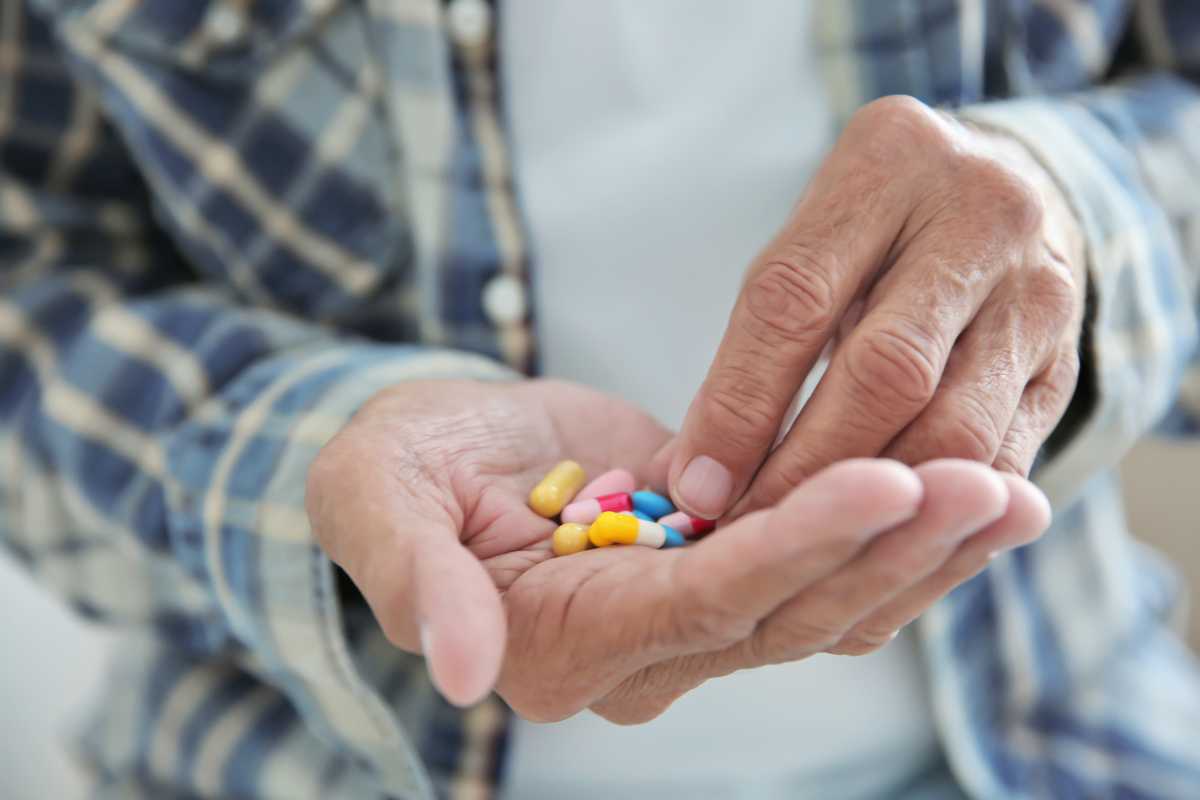
Before starting treatment, it is advisable to clarify with your doctor what are the blood pressure values that you are aiming at. It’s necessary to start treatment when a person remains permanently with an upper limit of his blood pressure of 140 mmol and above and a lower one of 90 mmol or above.
Target blood pressure values are age-dependent. The younger the patient, the lower the target values are. When the patient is over 65 years old, blood pressure up to 160 mmHg may be considered acceptable. In this age group, people often have several illnesses, and taking larger doses of blood medicines can sometimes hurt.
What medication to choose for treatment is an individual issue for each patient. Based on the results of the examination and tests, a precise assessment is made about the history of hypertension back in time, whether the heart and vessels are damaged, whether the nervous system is involved. In milder cases, it is often sufficient to recommend some mild sedative and an appropriate diet.
One pill combines several medicines
In 2018, the European Cardiology Society announced new recommendations for prescribing high blood pressure medicines. The old approach was to start with a mono-drug, gradually adding a second and a third active substance to it. However, it is now believed that the patient should start with at least two different substances.
There is already good choice of combined medicines on the market that are tailored to the needs of the individual patient. The patient takes only one pill that combines 2 or 3 medicines. The facilitation contributes to the patient’s more rigorous adherence to the prescribed therapy. In cases of resistant hypertension - that is, when the combination of the three substances cannot lower blood pressure, a diuretic is added.
Patients should pay attention to the instructions for taking the pills correctly. Some of the pills are taken before meal and others after meal. The time of medicines intake is also important. Most medicines work for 12 hours, very few are those that can maintain blood pressure for 24 hours. Most patients take one pill in the morning and one in the evening, and it is advisable that these drugs be different. In rare cases, it is necessary to take a pill at noon.
Can we treat high blood pressure without medicines?
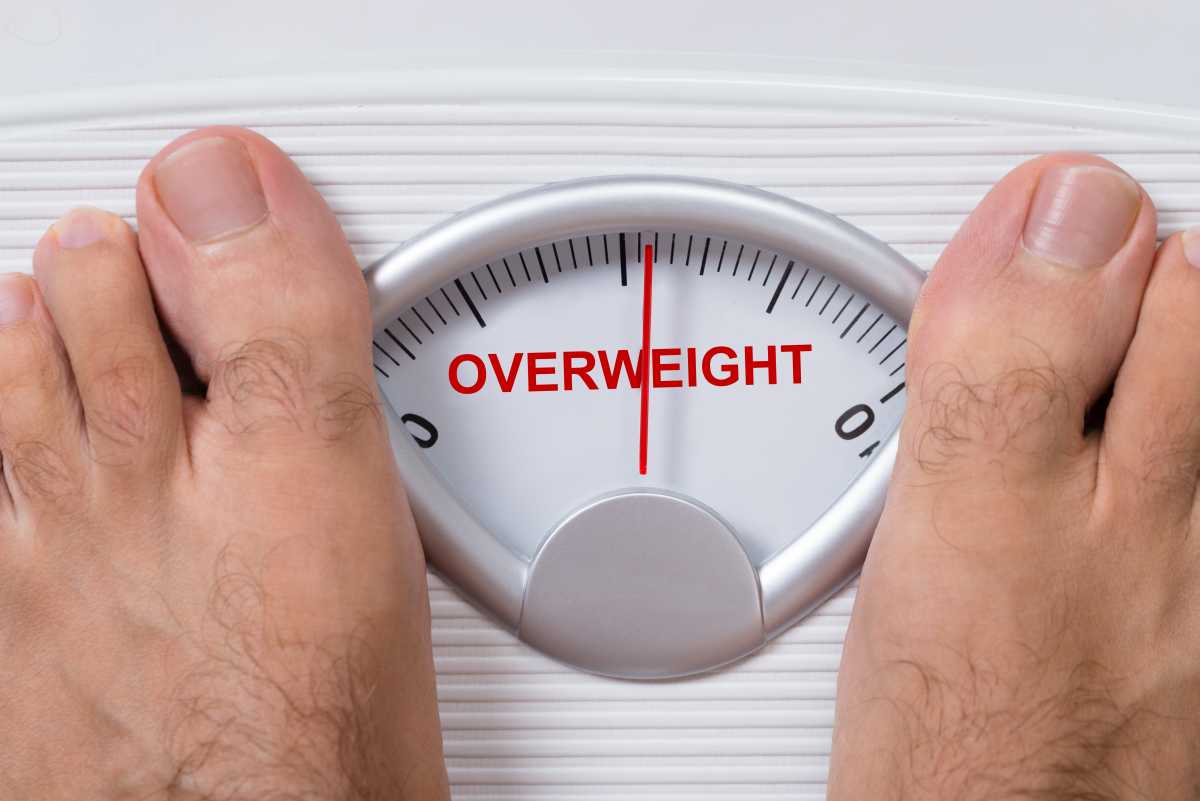
We can keep high blood pressure under control by a number of measures related to physical activity, diet, and some useful habits. First, bodyweight should be decreased if it is above normal. How much you should weigh is a question you can discuss with your doctor. You can use the popular Body Mass Index as a guide.
Good quality sleep is crucial. The need for it is an individual issue, but if, for some reason or other, you have difficulties falling asleep, you wake up often and you feel asleep in the morning, change is needed! There is a lot that can be done to relax the tense nervous system - with enjoyable activities, walking or relaxing techniques. Some mild sedatives, including herbal drops such as mint, hawthorn, and valerian, may also be taken.
Lack of movement is another major risk that often facilitates the onset of cardiovascular disease, particularly hypertension. At least 2-3 hours of active movement per week are recommended as an absolute minimum. You don't have to become an active athlete all of a sudden, change of lifestyle can be done gradually step by step.
Hypertension and diet
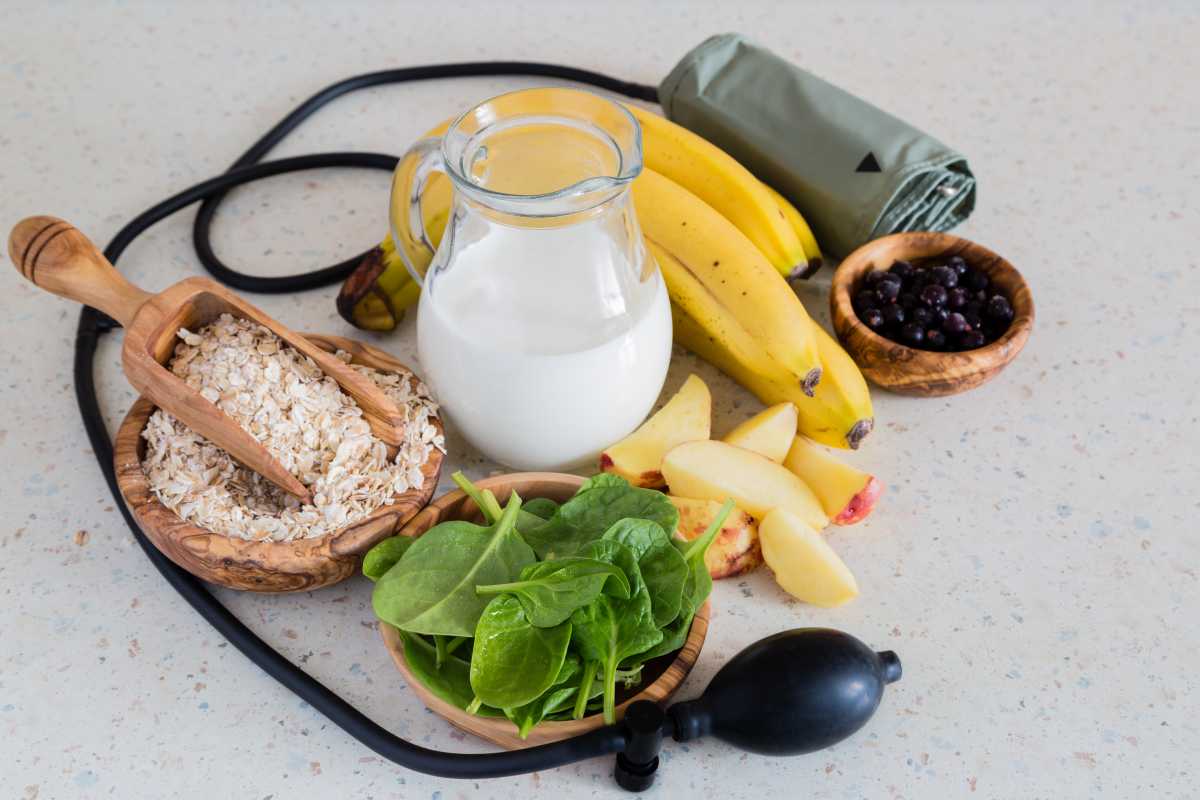
Nutrition is of great importance for blood pressure control. Analyze your eating habits. If you aim to lose weight, try to find the biggest calory source in your diet. 50-100 g of alcohol in the evening may not be OK, such an amount raises blood pressure by about 10 mm, says Bulgarian cardiologist Dr. Atsev. Salt also directly affects blood pressure and raises it.
Many foods contain hidden salt, and sodium-based preservatives are put into sausages. New studies show now that phosphates in pre-cooked foods also raise blood levels. The habit of eating fast snacks - pizza, sandwiches, and burgers, as well as the abundance of fried foods on the menu, worsens blood fat levels. Atherosclerosis (calcification of vessels) is accelerated and extra pounds are accumulated. This also brings you closer to hypertension.
Foods containing simple sugars are also harmful. These include pasta foods made from white refined flour, confectionery and more. White flour, sugar, and starch break down very quickly into glucose, which gets into the bloodstream.
Foods that are efficient in lowering blood pressure:
- Garlic;
- Carcade tea;
- Beetroot (also juice);
- Watermelon.
You do not need to follow any specific diet or give up certain foods. Rather, change your eating habits permanently. There are some general rules you should follow. To lose 1 kg, you need to "cut” or spend as much as 4000 kcal!
So, go for home-cooked meals - they are not as caloric as the ready-to-go foods. Meat remains on the menu but in small quantities and fat-free. Eat fish at least twice a week, it may be oily. Carbohydrates are also not taboo - replace white bread and white rice with whole grains.
Nutritionists recommend eating about 1 kg of fresh fruits and vegetables daily. Potatoes are to be considered as part of this quantity. Review as well what you drink. Limit or best stop the carbonated ones, which contain many hidden calories. Drink plenty of fluids - mainly water, tea, fresh juice.

